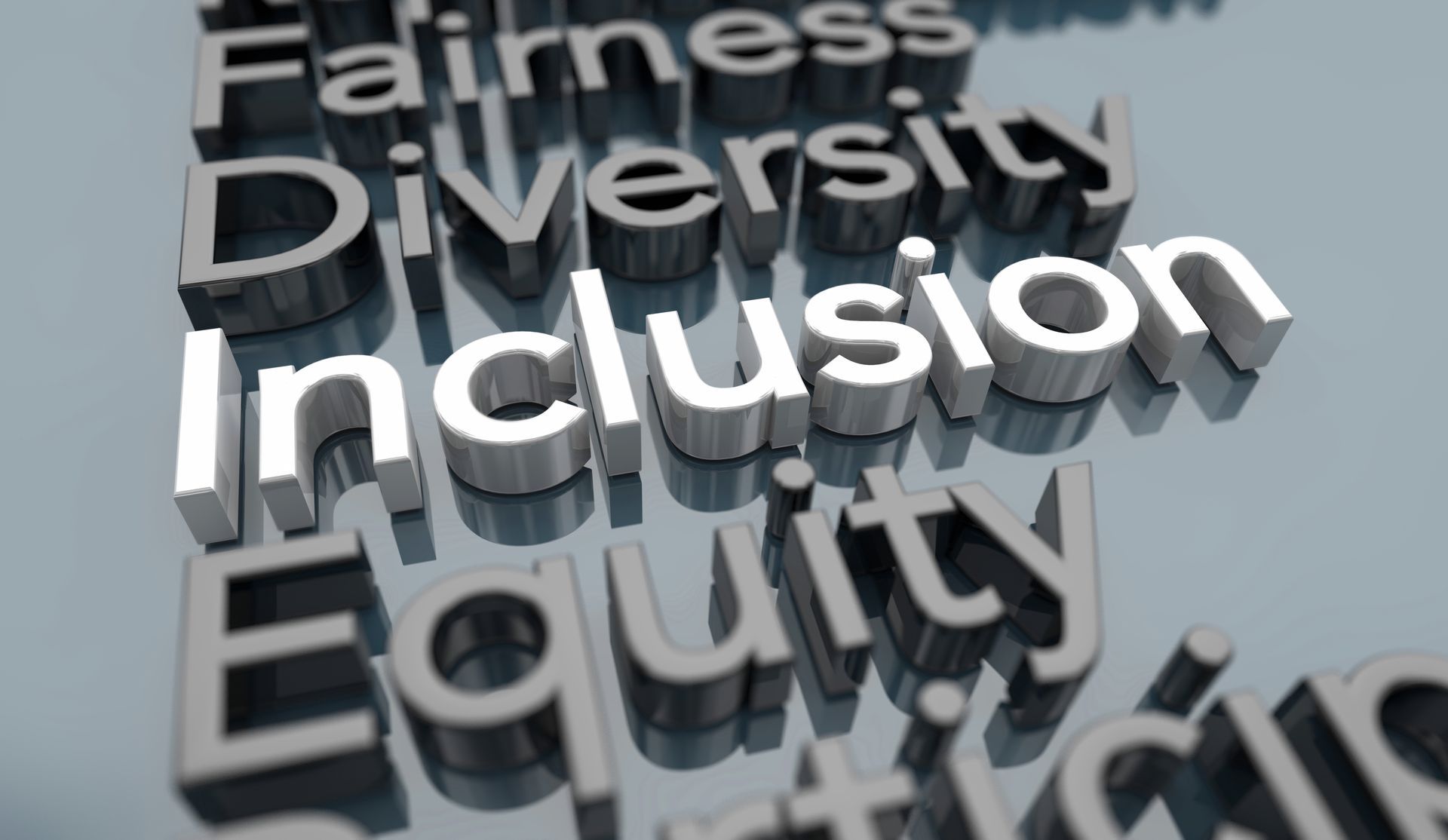
In the grand tapestry of human emotions, love stands as one of the most intricate threads, weaving its way through the fabric of our lives.
But amidst the hustle and bustle of the modern world, is the concept of love lost?
Have we become entangled in a web of superficial connections, forsaking the depth and authenticity that true love entails?
In this exploration, we delve into the complexities of love in the contemporary landscape, pondering whom we truly love—others or ourselves—and how societal expectations shape our perceptions.
Brace yourself for a journey that challenges preconceived notions, beckoning us to reflect and question the essence of love itself.
Love Lost in the Modern World
The modern world, with its relentless pace and incessant noise, often leaves little room for cultivating deep connections.
In a society dominated by instant gratification and fleeting encounters, genuine love can seem like an elusive mirage.
The rise of dating apps, social media, and virtual communication platforms has transformed the way we interact, blurring the lines between authenticity and performance.
In the digital age, love has been commodified, reduced to mere swipes and likes, devoid of the profound emotional resonance it once held.
The ephemeral nature of online connections fosters a culture of disposable relationships, where individuals are viewed as interchangeable commodities rather than unique souls worthy of love and respect.
But amidst the chaos, there remains a flicker of hope—a longing for genuine connection that transcends superficiality.
In the quiet moments of introspection, we yearn for love that is unconditional, authentic, and enduring.
Perhaps the notion of love lost is not a reflection of its absence but rather a testament to its resilience, waiting to be rediscovered amidst the noise of modernity.
Whom Do We Love—Others or Ourselves?
In our quest for love, we often find ourselves torn between two seemingly conflicting desires—to love others and to love ourselves.
But are these two pursuits mutually exclusive, or are they intrinsically linked?
Traditional wisdom dictates that selflessness is the cornerstone of love—that to love others fully, we must first love ourselves.
Yet, in a culture that often equates self-love with selfishness, this notion can seem paradoxical.
The truth, however, lies in the delicate balance between self-care and compassion for others.
Self-love is not synonymous with narcissism but rather a profound acceptance and appreciation of oneself, flaws and all.
It is the foundation upon which healthy relationships are built, allowing us to set boundaries, communicate our needs, and navigate the complexities of intimacy with grace and authenticity.
At the same time, love extends beyond the confines of the self, encompassing a deep empathy and connection with others.
To love another is to see them not as an extension of ourselves but as a unique individual deserving of love and respect in their own right.
In essence, the dichotomy between loving others and loving ourselves is a false one.
True love transcends binaries, embracing the interconnectedness of all beings and honoring the inherent worth and dignity of each soul.
Expectations of Society and How to Navigate Them
Society, with its myriad norms and expectations, exerts a powerful influence on our perceptions of love.
From romantic comedies to fairy tales, we are inundated with idealized notions of love that often bear little resemblance to reality.
The pressure to conform to these unrealistic standards can leave us feeling inadequate and disillusioned, perpetuating a cycle of dissatisfaction and despair.
But what if we dared to challenge these societal expectations—to redefine love on our own terms?
What if we embraced the messy, imperfect beauty of real love, free from the constraints of societal norms and conventions?
The first step in navigating societal expectations is to cultivate self-awareness—to question the messages we internalize about love and to discern which beliefs resonate with our authentic selves.
By tuning into our inner wisdom, we can begin to discern the difference between genuine desire and external pressure, forging our own path towards love and fulfillment.
Next, we must cultivate courage—the courage to defy societal norms and embrace love in all its messy, unpredictable glory.
This may mean challenging traditional gender roles, reimagining the structure of relationships, or advocating for inclusivity and diversity within the realm of love.
Finally, we must cultivate compassion—for ourselves and for others.
Love is not a competition or a performance but a journey of mutual growth and understanding.
By approaching love with an open heart and a spirit of kindness, we can create space for genuine connection to flourish, free from the constraints of societal judgment.
In the world of modern love, amidst the cacophony of competing voices and conflicting expectations, one truth remains steadfast—love endures.
It is a force of nature, transcending time and space, binding us together inextricably in the world of humanity.
As we navigate the complexities of love in the modern world, let us remember that love is not a destination but a journey—a journey of self-discovery, connection, and growth.
Let us dare to love boldly, authentically, and unapologetically—to embrace the messy, imperfect beauty of real love in all its forms.
And in doing so, let us sow the seeds of a more compassionate, inclusive world—a world where love knows no bounds and all are free to love and be loved in return.
For in the end, it is love that truly defines us—it is love that makes us whole.










